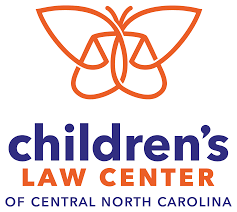Children’s Law Center of Central North Carolina (CLC) advocates for the best interests of children by leveraging deep understanding of legal and educational systems. The organization serves as Guardian ad Litem in domestic violence and high-conflict custody cases and advocates for children’s educational rights. Through their work, CLC provides pathways and supports that lead to better outcomes and safer, brighter futures for children.
While CLC had a clear mission and vision, the organization recognized an opportunity to articulate and formalize its core values and guiding principles. In December 2024, following a strategic planning engagement, CLC partnered with social innovation company Next Stage to undertake this important values-definition work.

Establishing a Set of Organizational Values
Values and guiding principles serve as the building blocks of effective nonprofit organizations. These foundational elements represent the “how” behind an organization’s mission, influencing everything from programming decisions to staff management.
Prior to this engagement, CLC operated without formally defined organizational values. The organization’s leadership recognized that articulating these core principles would strengthen its work by fostering a shared sense of belonging across the organization’s board, staff team, and wider constituency. Additionally, clearly defined values would provide a reference point for the development of guiding principles to validate decision-making and support effective change management.
Designing a Participatory Process
With this opportunity in mind, Next Stage designed a comprehensive, participatory approach to help CLC identify, refine, and ultimately embrace five core values that authentically represent the organization’s ethos. The process engaged stakeholders across the organization, including board members, staff, donors, community members, partners, and volunteers.
Next Stage implemented a multi-phase approach to ensure broad participation and thoughtful consideration. The undertaking included not only identifying core values but also developing a framework for turning these abstract concepts into practical guiding principles that could shape organizational behavior across all aspects of CLC’s operations.
Translating Values into Guiding Principles
Next Stage presented a starter set of 30 potential values to a “values task force,” which included representation from all key stakeholder groups. The task force then identified 15 values they felt resonated with their work.
Following this initial assessment, a broader stakeholder group of 35 participants shared their insights through a survey that asked respondents to rank their top five values. The survey also included open-ended response opportunities to gather information on why participants chose certain values over others, providing qualitative context for quantitative preferences.
Based on survey results, Next Stage presented six potential core values to the original task force members for discussion and review. A second survey was then conducted to enable the task force to refine the options further. After thorough team deliberation and stakeholder input, five final values emerged: Compassion, Empowerment, Justice, Commitment, and Trust.
Next Stage then facilitated a “We Believe, Therefore We…” exercise to empower the task force to translate these values into guiding principles. Through this exercise, CLC’s team was able to examine how these values “show up” across six areas of the nonprofit’s business model: programming, operations, marketing, fundraising, human resources, and governance. This approach helped CLC leadership evaluate whether each value was genuinely reflected in organizational conduct and provided ideas for enhancing operations through the lens of these values.
Embedding Values in Daily Practice
The collaborative process resulted in a clear, compelling set of five core values that authentically represent CLC’s approach to advocacy. Beyond simply identifying these values, the engagement produced tangible guiding principles that translate abstract concepts into concrete organizational practices.
The “We Believe, Therefore We…” activity opened the door to ongoing brainstorming about ways to ensure the newly defined values weren’t just “words on a wall,” but principles actively embodied throughout the organization’s programs and processes. This framework provided CLC with practical tools to evaluate current practices and develop new initiatives aligned with their core values.
The process itself strengthened organizational cohesion by engaging stakeholders across different roles and perspectives. By involving board members, staff, donors, community members, partners, and volunteers in the values-definition work, CLC fostered a deeper sense of ownership and commitment to the organization’s mission and approach.
As CLC moves forward, these clearly articulated values and guiding principles will serve as touchstones for decision-making, strategic planning, and organizational development, ensuring that how the organization operates remains consistently aligned with what it aims to achieve for the children it serves.


